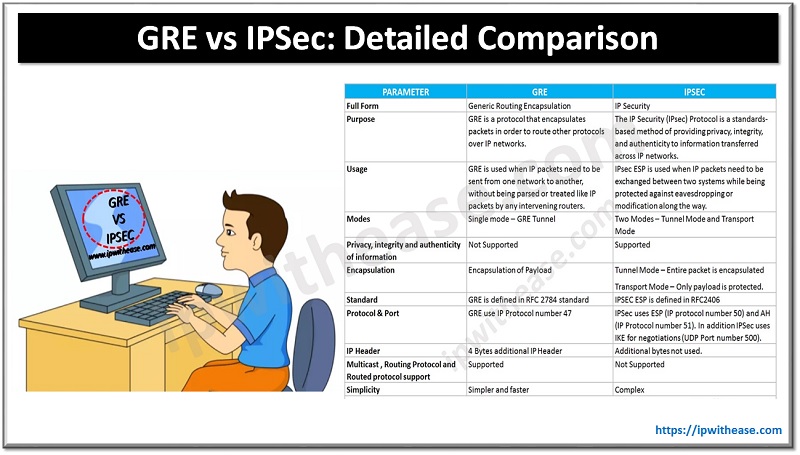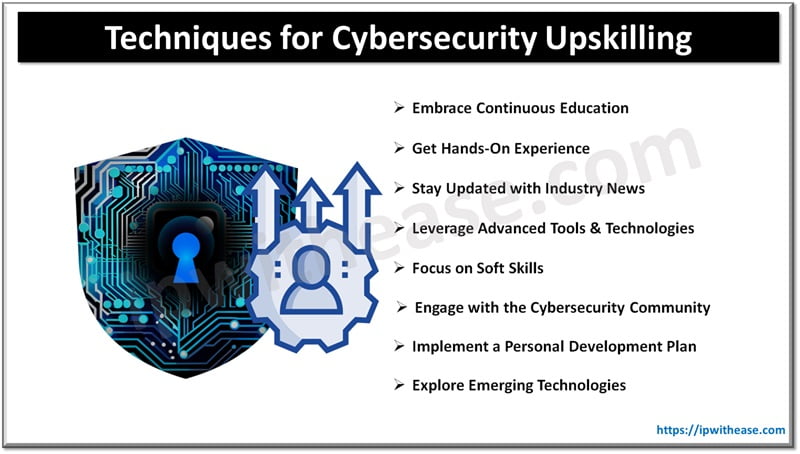In our increasingly digitized world, safeguarding information is paramount for businesses and organizations. As cyber threats continue to loom, it is essential to protect sensitive data from unauthorized access.
This is where FIPS (Federal Information Processing Standards) compliance comes in. This term refers to a collection of standards specifically designed to offer robust security for confidential data.
This article will dig deeper into the topic of FIPS, examine the importance of these guidelines, and show how complying with them can secure your organization’s vital data.
What is FIPS compliance?
FIPS (Federal Information Processing Standards) compliance comprises a series of U.S. government-established guidelines that dictate the prerequisites for cryptographic modules and algorithms, with the goal of safeguarding sensitive data and information systems.
The National Institute of Standards and Technology (NIST) enforces FIPS compliance as a requirement for federal agencies and contractors, while many private organizations voluntarily adopt these standards to boost their security measures.
FIPS 140-2 is the most notable standard within the FIPS group, detailing the specifications for cryptographic modules, encompassing both hardware and software elements. It features four ascending security levels, each providing a progressively higher degree of protection against unauthorized access or tampering.
Compliance with FIPS standards provides numerous advantages, including heightened data security, better risk management, and increased trust from clients and partners. By embracing FIPS standards, organizations showcase their dedication to preserving sensitive information, thereby decreasing the probability of data breaches and cyberattacks.
What are the benefits of being FIPS compliant?
FIPS compliance provides a multitude of advantages to organizations, bolstering data security and upholding their reputation in today’s digital world. Here are some of the key benefits.
- Strengthened Data Security: FIPS compliance requires the implementation of robust cryptographic modules and algorithms, shielding sensitive information from unauthorized access and cyber risks.
- Regulatory Adherence: Compliance with FIPS standards allows organizations to fulfill regulatory obligations, preventing potential fines or penalties due to non-compliance.
- Risk Mitigation: FIPS compliance assists in detecting and addressing security vulnerabilities related to information systems, promoting long-term stability.
- Establishing Trust: Organizations that adhere to FIPS standards cultivate trust among clients, partners, and stakeholders.
- Competitive Edge: By being FIPS compliant, organizations can distinguish themselves from rivals, highlighting their commitment to rigorous security measures and potentially expanding business prospects.
- System Compatibility: FIPS compliance guarantees that cryptographic modules and algorithms are interoperable, enabling secure communication between various systems and organizations.
For commercial businesses that rely on security cameras to monitor their premises and protect their assets, FIPS compliance can be crucial.
Video surveillance systems for businesses that are FIPS compliant use encryption methods that meet federal standards, ensuring that information captured by the cameras is protected from unauthorized access or tampering.
What are the requirements for FIPS compliance?
In order to obtain FIPS compliance, organizations are required to adhere to a series of stipulations specified in the pertinent FIPS standard. Moreover, organizations must undergo tight testing and certification procedures to verify that their cryptographic modules fulfill the necessary security benchmarks.
Furthermore, organizations need to sustain compliance by carrying out periodic security audits, vulnerability evaluations, and implementing additional security measures to detect and counter potential hazards. Non-compliance can lead to dire implications such as data breaches, legal penalties, and harm to the organization’s reputation.
While FIPS compliance is not obligatory for private entities, the advantages gained through adherence make it a valuable endeavor.
How to achieve and maintain FIPS compliance?
To achieve and sustain FIPS compliance, organizations must initially understand the FIPS standard(s) pertinent to their operational requirements and guarantee conformity to the stipulations outlined in these standards. This may entail incorporating FIPS-compliant hardware and software elements, as well as employing robust cryptographic protocols and algorithms for data encryption.
Subsequently, organizations must engage in a stringent testing and certification procedure to confirm that their cryptographic modules fulfill the required security benchmarks established by the relevant FIPS certification authority. Once certified, organizations are expected to carry out periodic security audits, vulnerability evaluations, and other security measures to detect and counter potential threats, thereby preserving compliance over time.
Upholding FIPS compliance demands continuous effort and investment to make certain that cryptographic modules and algorithms stay current and effective in protecting sensitive data.
What are the drawbacks of not being compliant with FIPS?
Non-compliance with FIPS (Federal Information Processing Standards) can subject organizations to various disadvantages, potentially affecting their data security and reputation.
Here are some of the key downsides.
- Weakened Data Security: Organizations that are non-compliant may use inferior cryptographic modules and algorithms, thus heightening the risk of data breaches and cyberattacks.
- Regulatory Consequences: Federal agencies, contractors, and organizations managing sensitive government data are required to comply with FIPS standards. Non-compliance could result in fines, penalties, or contract losses.
- Eroded Trust: Organizations that disregard FIPS standards might find it challenging to establish trust with clients, partners, and stakeholders, which could negatively impact business prospects and long-lasting relationships.
- Restricted Compatibility: Cryptographic modules and algorithms that are non-compliant may be incompatible with FIPS-compliant systems, leading to interoperability challenges and obstructing secure communication among various organizations.
- Heightened Risk: Neglecting FIPS compliance can leave organizations more susceptible to escalated security risks and vulnerable to emerging threats and technological developments.
Continue Reading:
HIPAA Compliance and Data Breaches: How to Protect Your Patients’ Data
HIPAA Compliance & IT Infrastructure
ABOUT THE AUTHOR
IPwithease is aimed at sharing knowledge across varied domains like Network, Security, Virtualization, Software, Wireless, etc.



